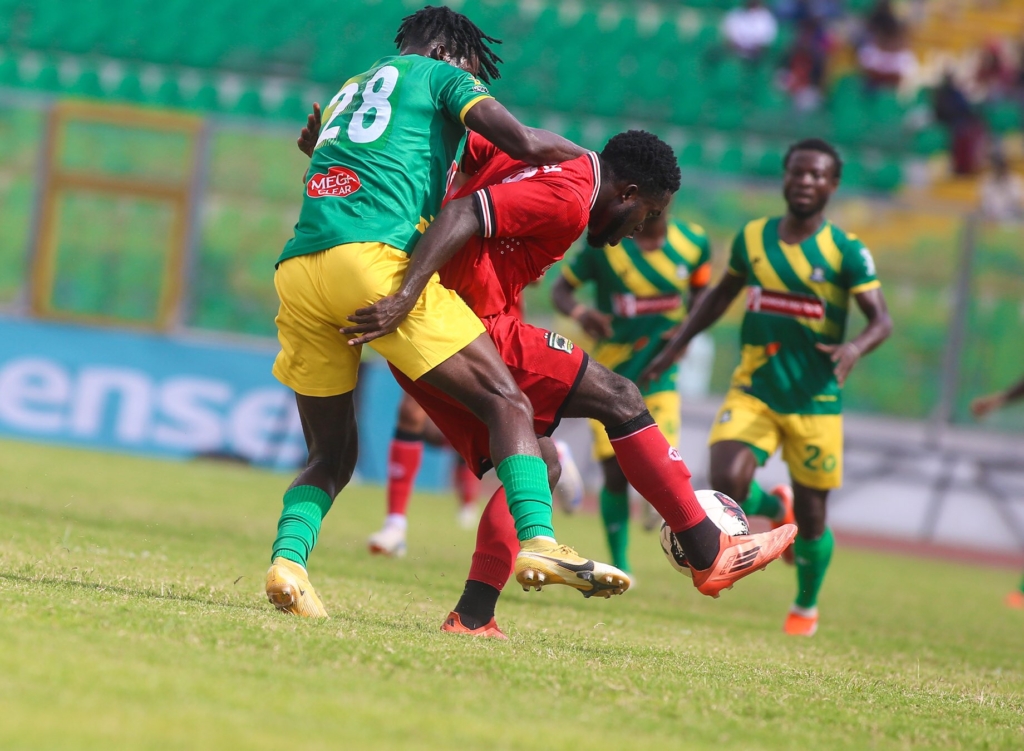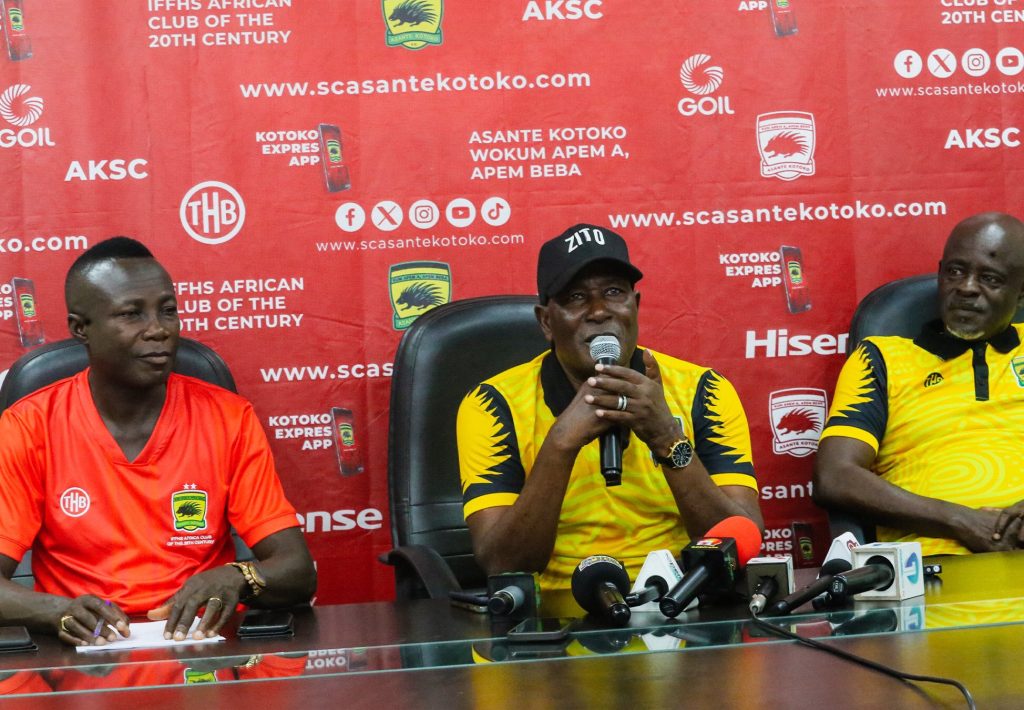It is a very different Monday morning for Dr. Prosper Ogum.
Fresh from his $16,000 payout, Ogum is probably relaxing on a beach somewhere along the coast, with a stick of Cohiba Behike in one hand and a glass of Barolo in another.
With every sip, he reflects on what could have been, but in the end, he concludes that for all what went wrong, he still walked away with a $16,000 cheque and could one day be back for a third dance with the devil.
Or, being the man with a taste for the finer things in life, he could try something else.
Something less serene, but every bit as healing. Like a festival.
The Bali Arts Festival 2025 will be held in Denpasar, Bali. The daily exhibitions, performances, and various art-related activities may be exactly what Ogum needs to fuel the next chapter of his life.
Whatever he is doing, it is nothing compared to what his life was only a week ago.
On a Monday morning like this, Dr. Narteh Ogum, on his training-free day, would be immersed in video clips from the weekend’s match, trying to make sense of Kotoko’s performance from the previous day.
He would forensically analyze every action; the positioning of players, short sprints, the time it took for them to react in a situation, body language, and decision-making, ostensibly to attain a more intimate knowledge of his players and how they executed his game plan.
The difference a week makes. Not anymore.
That responsibility has been passed on to Abdul Karim Zito, who won his first match in charge; a 1-0 win over Aduana Stars, after five training sessions.

Kotoko’s Albert Amoah wrestles for control of the ball against Aduana
A winning start was non-negotiable. Not just for what it would do for team morale, but for Zito’s own sake.
At his unveiling on Tuesday, Zito said Kotoko was still in the title race.
So Sunday’s win – and thanks in no small part to Vision F.C’s win over Bibiani Gold Stars, means Kotoko is within three points of the league leaders.
Yet, that win, a first for Kotoko in five matches, did not seem important and it does not take rocket science to figure out why.
Given its ownership’s hand-to-mouth style of management, there is very little optimism for what the future brings. Even when Kotoko win the title, there’s an unspoken fear of a humiliation that awaits when the team leaves the Kotoko International Airport for a CAF Champions League or Confederation Cup affair.
Manhyia’s hand-to-mouth style is why Kotoko has been without a board of directors for two years and is currently run by the Asantehene’s Nkontomponiaferehene, Nana Apinkrah Akwasi Awuah, Malik Jabir, and Sarfo Duku.
So there is no board to offer policy direction, and management to oversee and direct various aspects of the business, including strategy, operations, and decision-making.
There is no long-term plan. There is no short-term plan either.
Nothing at all.
That is why from June 2023 to January 2025, the club sacked over twenty-five players and signed a dozen more.
Even for a man who refers to Kotoko as his home, the current state of affairs would surprise him.
After all, he is used to a very different Kotoko.
Twenty years ago, Karim Zito witnessed first-hand, how the club’s long-term planning gave opportunities to former players, created and maintained a strong technical culture.
In the decade that followed, some of the young coaches nurtured by Kotoko, have become some of the most important in the country. Zito, Paa Kwesi Fabin, Michael Osei, and Didi Dramani just to mention a few.
Beyond their affinity for young, futuristic coaches, Kotoko had a strong scouting network that few its academy with bright young talents while an elite few were signed straight into the first team.
In 2005, Michael Ofosu Appiah, a product of the academy, featured prominently for Kotoko as they played in the inaugural CAF Confederation Cup final. That team featured Nana Arhin Duah (signed from Goldfields) Stephen Oduro (signed by Goldfields from RTU but wrestled away by Kotoko), Yusif Chibsah (signed from King Faisal) Michael Osei ‘Ember Power’ (signed from Ebusua Dwarfs) and many others.
The recruitment strategy was simple; target the best young players in the country and build a competitive with them even if a few leave.
That is why even when Isaac Boakye, Aziz Ansah, and others left after 2003, there was still enough to compete on the continent.
If Zito can enhance his legacy of five league titles, two FA Cups, and a CAF Champions League (1983) at Kotoko, this is the easiest route; revamp the technical structure.
What happened under Ogum, while regrettable, was quite predictable. Zito needs to put in place a scouting network that gives Kotoko access to the best talents in the Ashanti Region and beyond. He also needs to define what talent is, in the context of Kotoko, philosophy etc.
At the moment, there is nothing like that.
As a result, the club signs coaches of different tactical orientations, and players that often produce a poisonous cocktail when trained together.
Zito is already a club hero. He earned that during his playing days.
But if he can trigger a cultural reset at his beloved club, he may approach an iconic status.
DISCLAIMER: The Views, Comments, Opinions, Contributions and Statements made by Readers and Contributors on this platform do not necessarily represent the views or policy of Multimedia Group Limited.


